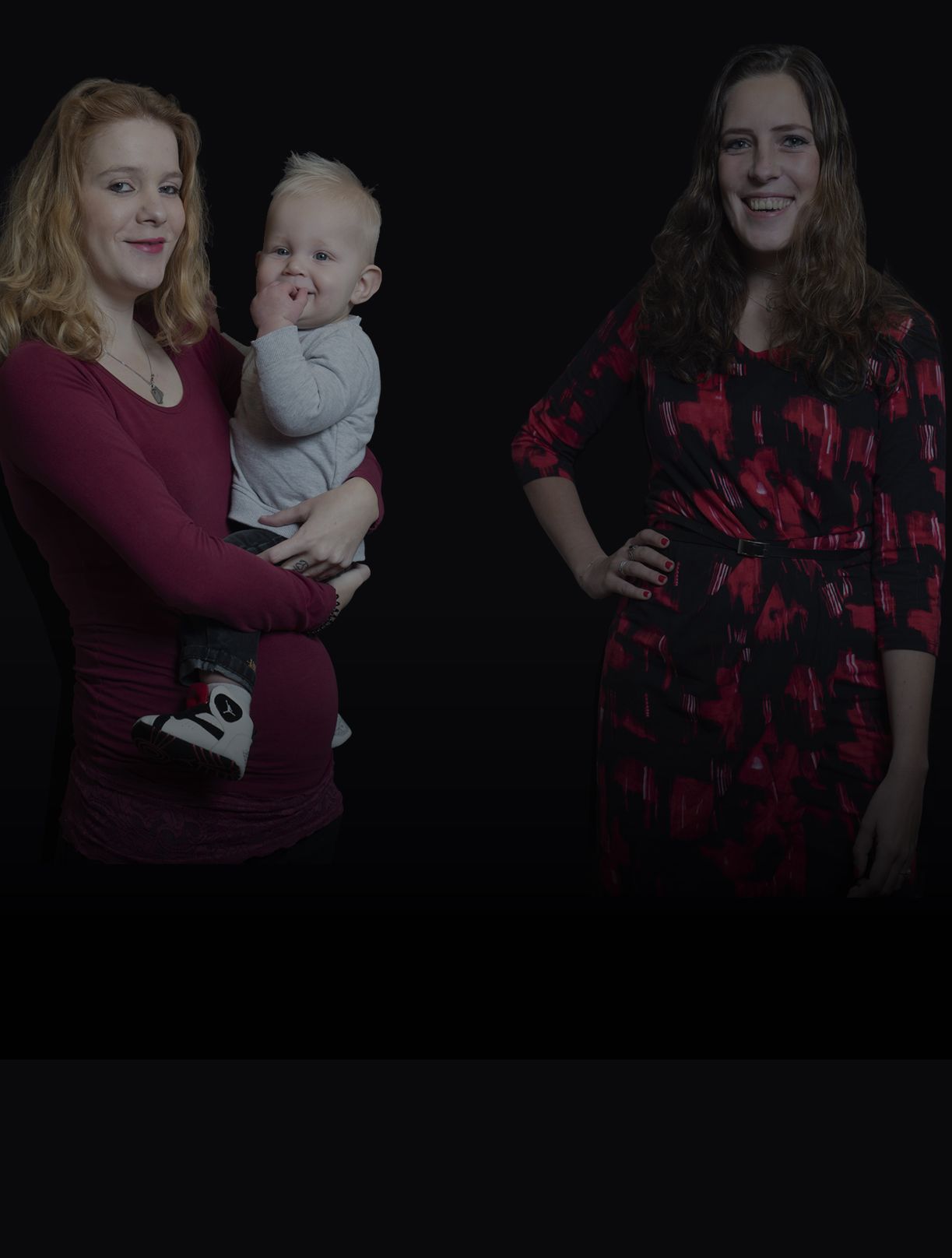2018
-
Autism: Examining the intertwined development of prosocial skills and ASD symptoms in adolescence
Autism spectrum disorder (ASD) and reduced prosocial behaviour are strongly intertwined. However, social interactions with peers may be increasingly practiced over the course of development and may instigate a reduction in ASD symptoms and vice versa. We, therefore, sought to determine if, during adolescence, possible improvements in prosocial behaviours and ASD symptoms may benefit one another over time. Participants were 2773 adolescents from the Tracking Adolescents' Individual Lives Survey (TRAILS) cohorts. Measurements took place over three waves (mean ages: 11.1, 13.4, and 16.2 years). Longitudinal associations between teacher-rated classroom prosocial skills and parent-rated ASD symptoms were examined using the random intercept cross-lagged panel model (RI-CLPM). In addition to estimating the stable, between-person associations, the dynamical effects between prosocial skills and ASD symptoms over time were estimated at the within-person level. At the between-person level, prosocial skills and ASD symptoms were substantially negatively correlated. At the within-person level, a small and unexpected positive cross-lagged effect from wave 1 ASD symptoms on wave 2 prosocial skills was observed. We added to the existing literature by showing that, in addition to replicating the already firmly established between-person association between low prosocial skills and ASD, within-person gains in prosocial skills do not lead to subsequent reduction of ASD symptoms, and reductions in ASD symptoms do not lead to subsequent enhancement of prosocial skills. We, therefore, conclude from our findings that the inverse association between autistic symptoms and prosocial skills in adolescence is highly stable.

